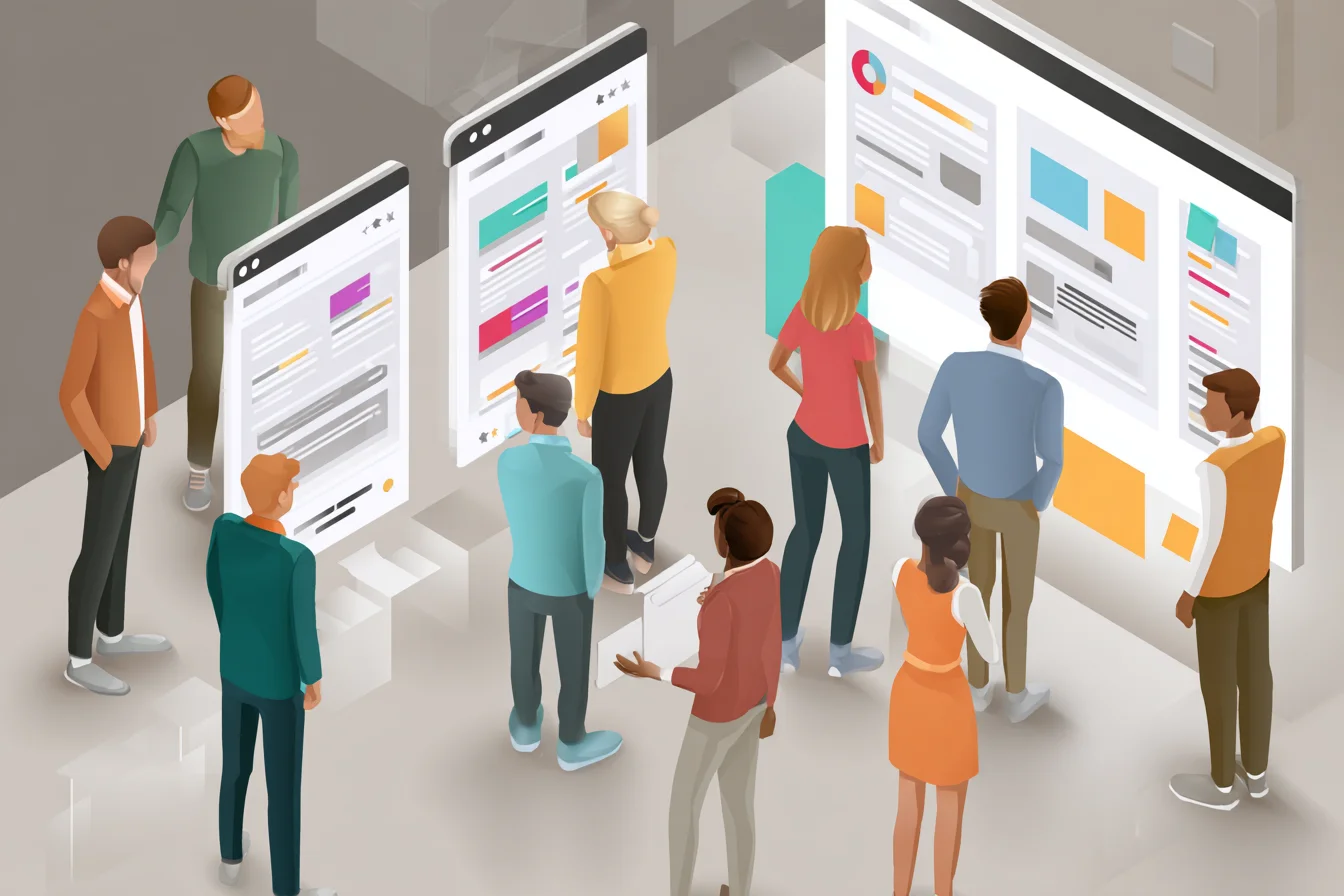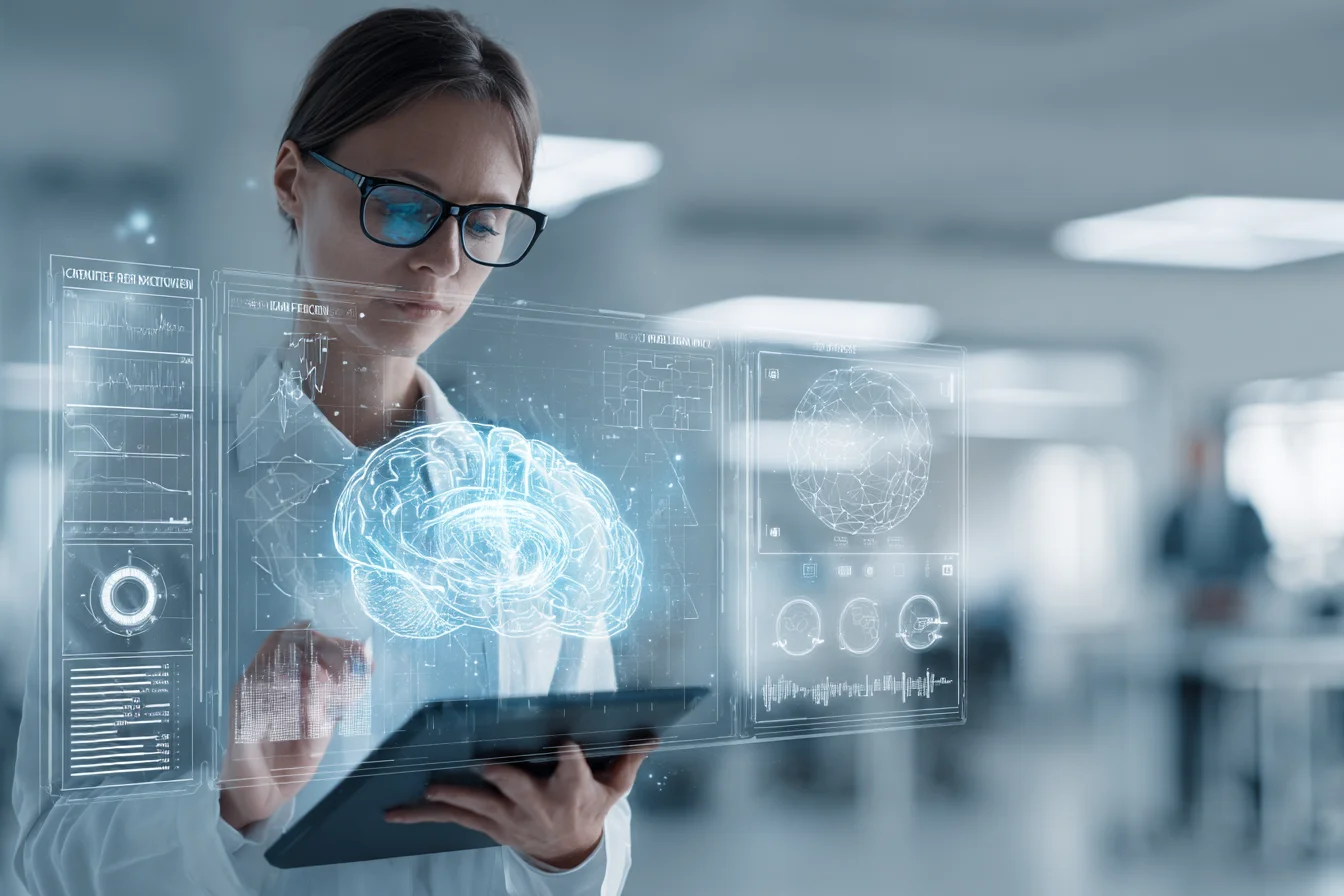Introduction
In today's fast-paced digital environment, organizations are increasingly relying on internal wikis to facilitate knowledge sharing and collaboration. However, as information grows exponentially, traditional wikis can struggle to keep up. The transformation of an internal wiki into a cognitive engine represents a paradigm shift, enabling organizations to leverage artificial intelligence (AI) to enhance knowledge management, improve decision-making, and drive innovation.
What is a Cognitive Engine?
A cognitive engine refers to a system that utilizes advanced AI technologies, such as natural language processing (NLP), machine learning, and data analytics, to process vast amounts of information and generate insights. This transformation allows internal wikis to evolve from mere repositories of static information into dynamic systems that assist users in retrieving relevant knowledge, making connections, and deriving actionable insights.
Benefits of Transforming Your Internal Wiki
- Enhanced Knowledge Retrieval: Traditional wikis often rely on keyword searches, which can result in irrelevant or outdated information. A cognitive engine can utilize semantic search capabilities, allowing users to find the most pertinent information quickly and efficiently.
- Personalized User Experience: By analyzing user behavior and preferences, cognitive engines can curate content tailored to specific roles or projects, making it easier for employees to access the information they need.
- Automated Insights Generation: Cognitive engines can analyze data and trends within the organization to provide actionable insights, helping teams make informed decisions based on real-time information.
- Continuous Learning and Improvement: Machine learning algorithms allow cognitive engines to learn from user interactions and feedback, continuously improving the accuracy and relevance of the content.
Implementing a Cognitive Engine in Your Internal Wiki
Transitioning your internal wiki into a cognitive engine involves several strategic steps:
- Assess Your Current Wiki Structure: Evaluate the existing content, organization, and user engagement levels. Identify gaps and areas for improvement that a cognitive engine can address.
- Choose the Right AI Technologies: Select suitable AI tools and technologies that can be integrated into your internal wiki. This may include NLP engines, machine learning frameworks, and data analytics platforms.
- Develop a Knowledge Graph: Create a knowledge graph that connects different pieces of information within the wiki. This structure enhances the ability to navigate through information and discover relationships.
- Incorporate User Feedback: Engage with users to gather feedback on their experiences with the cognitive engine. Use this input to fine-tune the system and ensure it meets the needs of the organization.
- Train Your Team: Provide training for employees on how to effectively use the cognitive features of the internal wiki. Encourage them to leverage the system to its full potential.
Real-World Applications and Case Studies
Several organizations have successfully implemented cognitive engines within their internal wikis, leading to significant improvements in knowledge sharing and operational efficiency:
- Technology Firms: Many tech companies use cognitive engines to streamline product documentation and enhance collaboration among development teams, enabling faster iterations and reduced time-to-market.
- Healthcare Organizations: Cognitive engines can assist medical professionals in accessing up-to-date clinical guidelines, research findings, and patient data, improving the quality of care and outcomes.
- Financial Institutions: Banks are leveraging cognitive engines to analyze market trends, regulatory changes, and customer data, allowing them to deliver personalized financial advice and mitigate risks.
The Future of Internal Wikis as Cognitive Engines
The evolution of internal wikis into cognitive engines is not just a trend but a necessity for organizations looking to stay competitive. As AI technologies continue to advance, the capabilities of these systems will only improve. Organizations must embrace this transformation to foster a culture of continuous learning, innovation, and agility.
In conclusion, transforming your internal wiki into a cognitive engine can significantly enhance knowledge sharing, streamline collaboration, and lead to data-driven decision-making. By adopting this approach, organizations can harness the power of AI to stay ahead in an increasingly complex business landscape.

